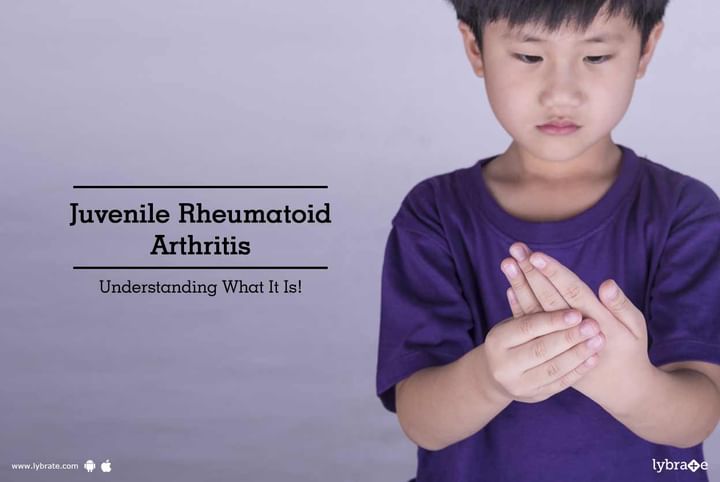Juvenile Rheumatoid Arthritis - Understanding What It Is!
Juvenile rheumatoid arthritis also known as juvenile idiopathic arthritis is a commonly occurring arthritis in children under the age of 15. Some common problems that are faced by patients with this disease include stiffness, joint pain, and swelling. While the symptoms might persist for a few months for some patients, for others it might continue for the rest of their lives. Patients might face serious complications such as inflammation of the eye, problems related to growth etc. The treatment of this condition focuses on preventing the bones from getting damaged, pain control and improving the function of the body.
What are some of the common symptoms of juvenile arthritis?
- Pain: A child suffering from juvenile rheumatoid arthritis might face extreme pain in the joints. They might limp after a nap or night sleep due to pain or stiff joints.
- Swelling: Larger joints such as the knee might swell frequently. The swelling might occur in smaller joints too.
- Stiffness: In addition to limping the child might appear rough and clumsy after waking from night sleep or a nap.
Other conditions could include rashes, swollen lymph nodes, frequent fever, headache, etc.
What are the causes of Juvenile Rheumatoid Arthritis?
Juvenile Rheumatoid Arthritis occurs when the immune system of the body attacks its own tissues and cells. It is still unclear as to why it happens, although, researchers believe that the environment and heredity have a role to play. Certain geneticmutations might make a childmore vulnerable and susceptible to microbes that can trigger this condition.
What are the complications involved?
There could be several complications that might arise due to this condition. It is, therefore, wise to keep a close watch on the child. Seeking immediate medical attention can go a long way in mitigating the risk of these complications.
- Problems related to the eye: Juvenile Rheumatoid arthritis can damage the eye by causing an inflammation known as uveitis. If this condition is not treated, it might result in other conditions such as glaucoma, cataracts, blindness etc.
- Growth problems: Juvenile rheumatoid arthritis could result in growth problems. To treat this, a child would require a dose of corticosteroid.
How to diagnose juvenile arthritis?
It is not very easy to diagnose juvenile arthritis. Doctors often prescribe blood tests to get an idea of erythrocyte sedimentation rate, rheumatoid factor, C-reactive protein, anti-nuclear antibody, cyclic citrullinated peptide etc. A doctor might also prescribe imaging tests such as X-rays, MRI etc to detect congenital defects, fractures, tumors etc.
What are the treatment options available?
Some of the medications that are prescribed for this condition include NSAID such as ibuprofen and naproxen, DMARD such as Trexall and Azulfidine, TNF blockers such as Humira and Enbrel, immune suppressants such as Kineret, Rituxin and Orencia. In addition to this doctors would also prescribe corticosteroids and therapies.
In case you have a concern or query you can always consult an expert & get answers to your questions!



+1.svg)
